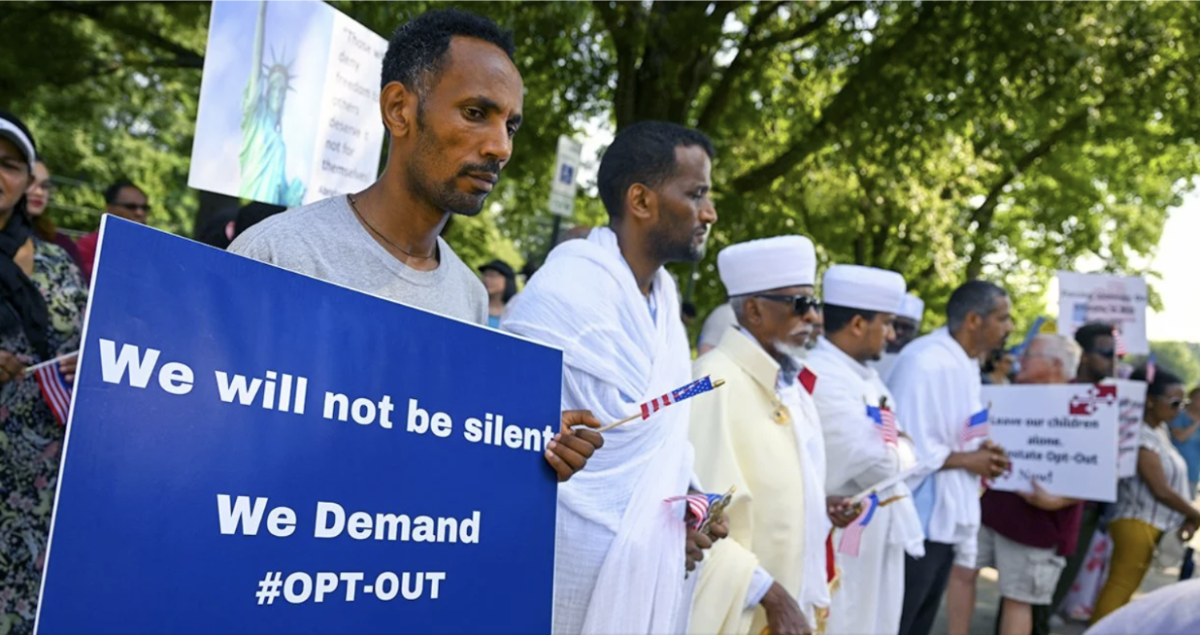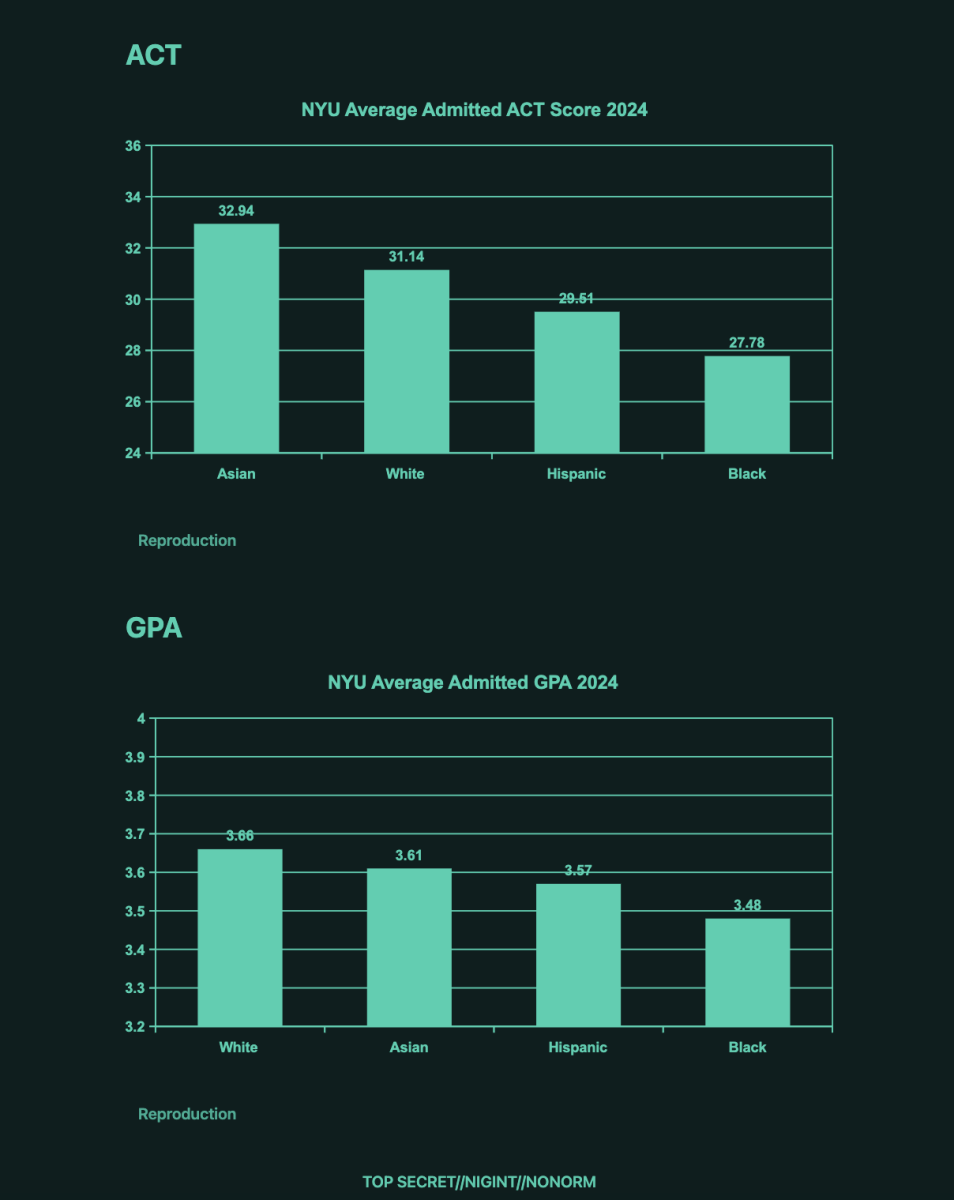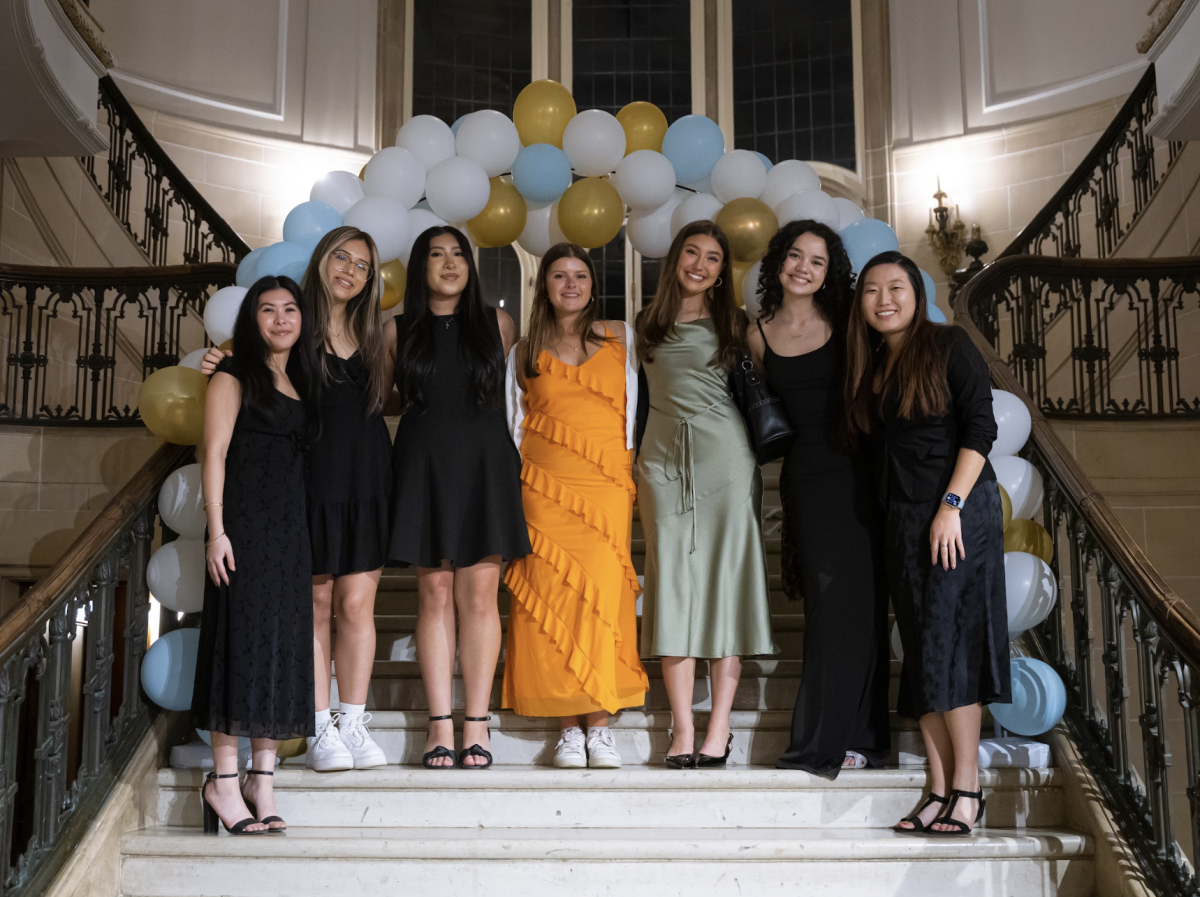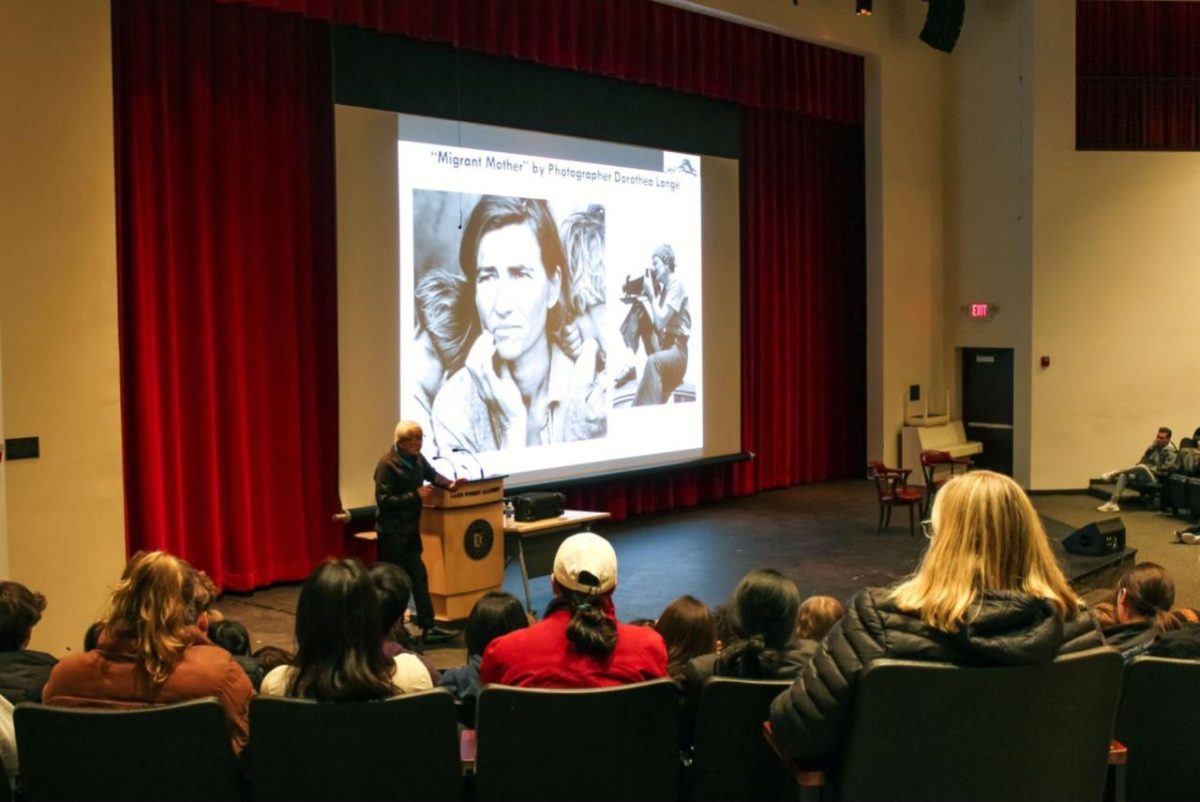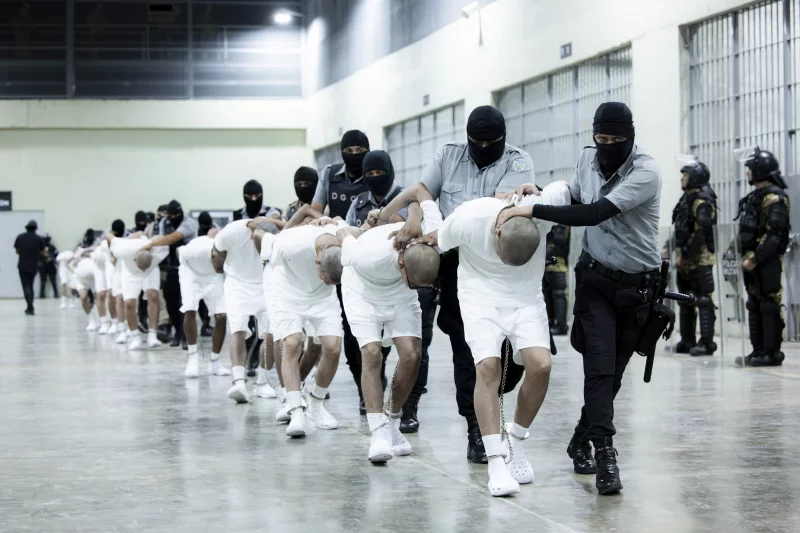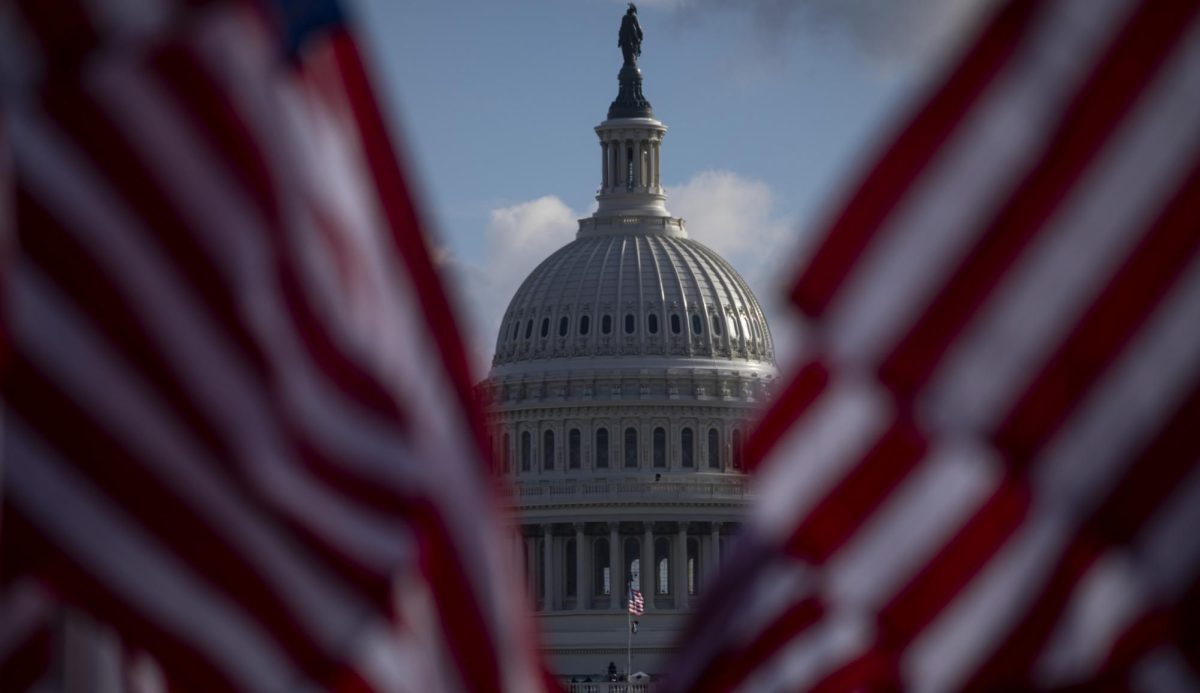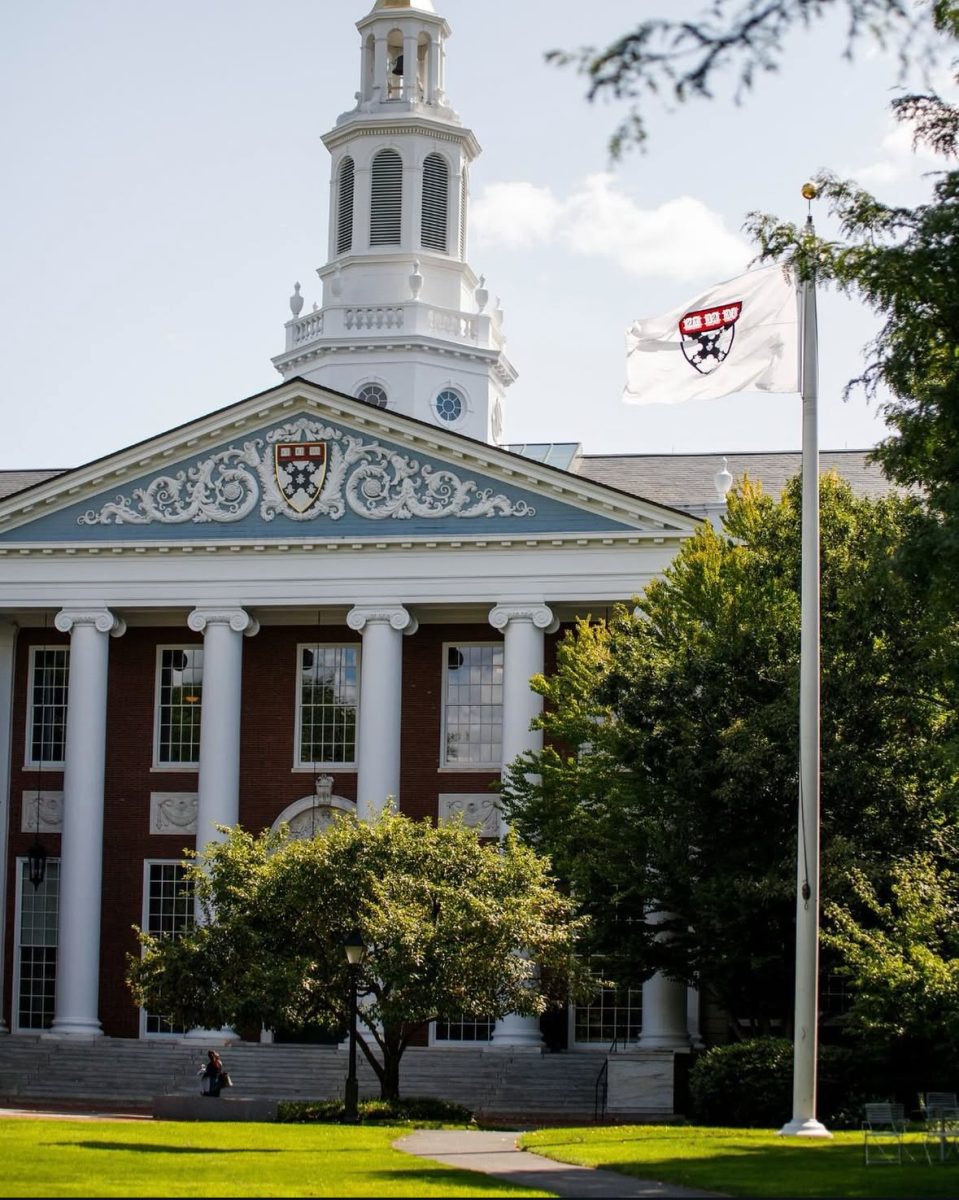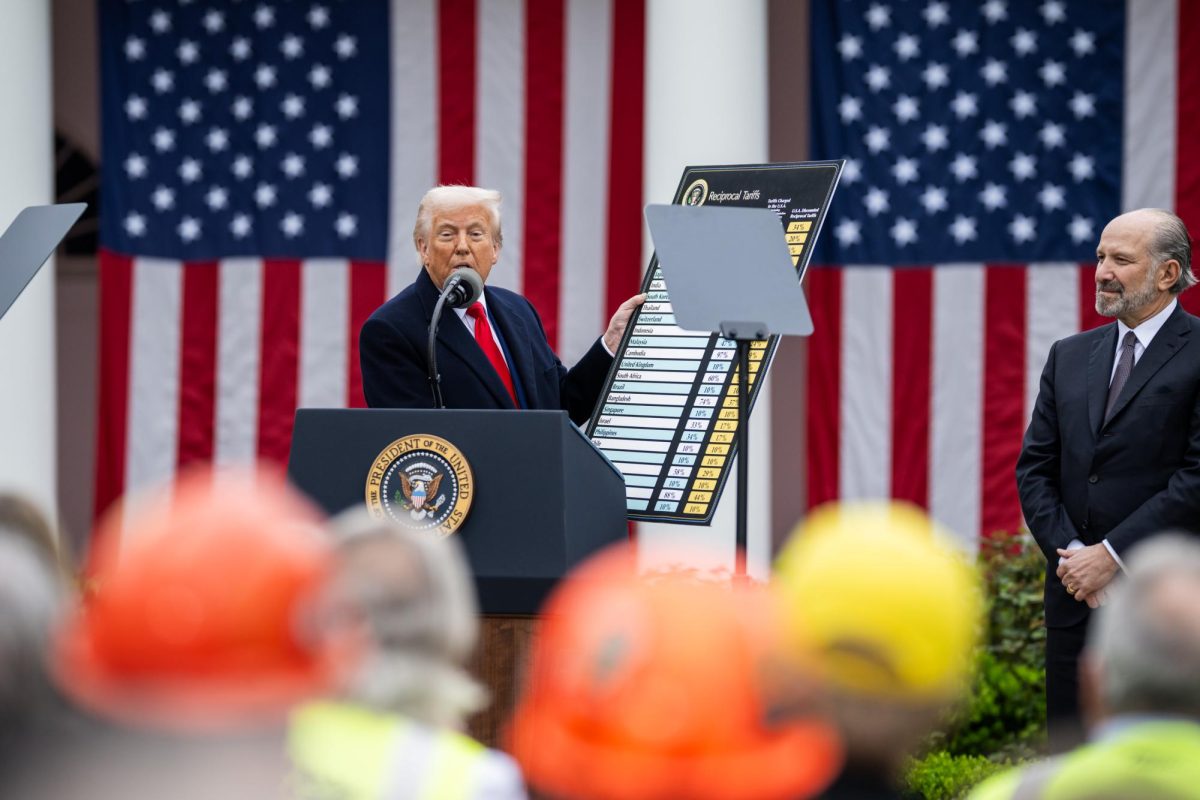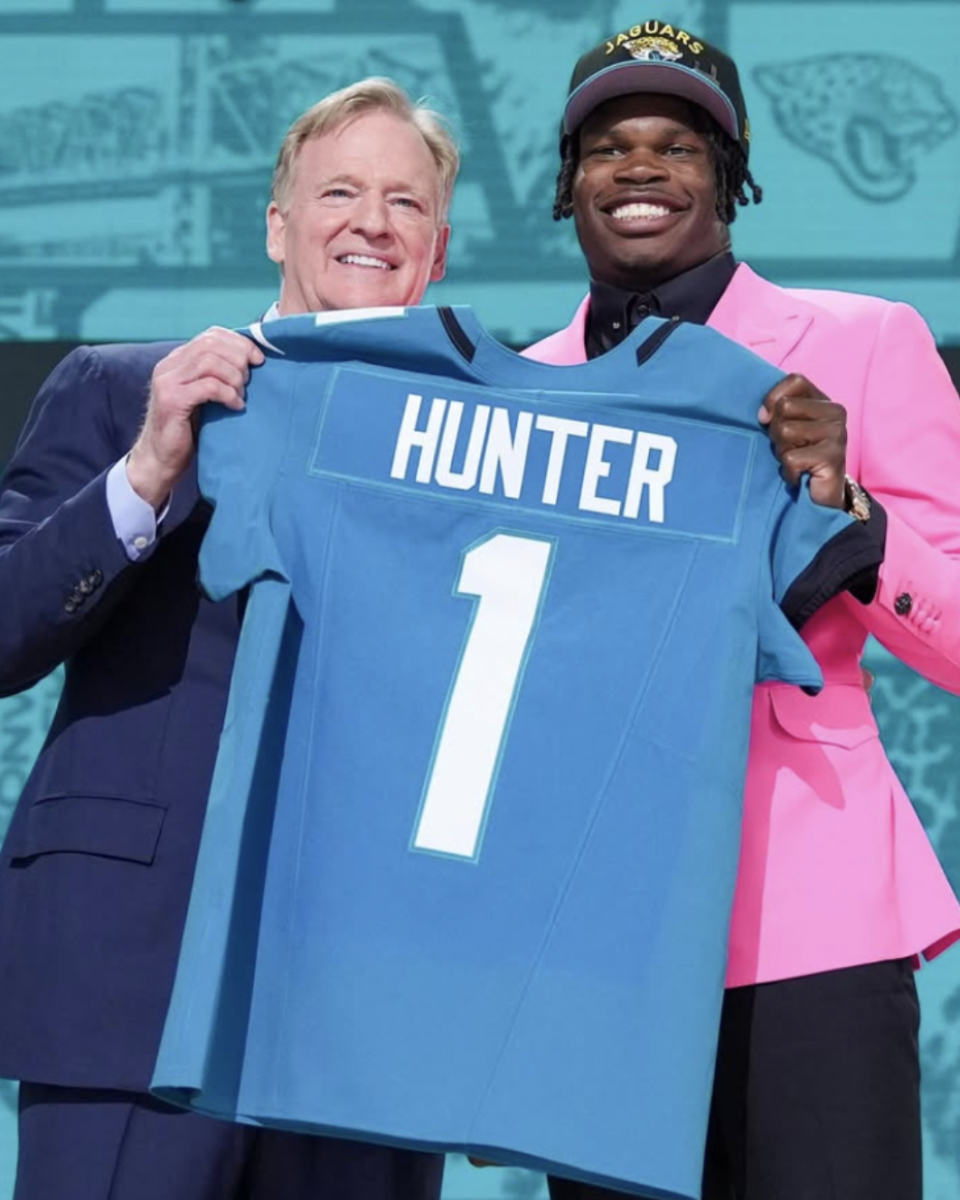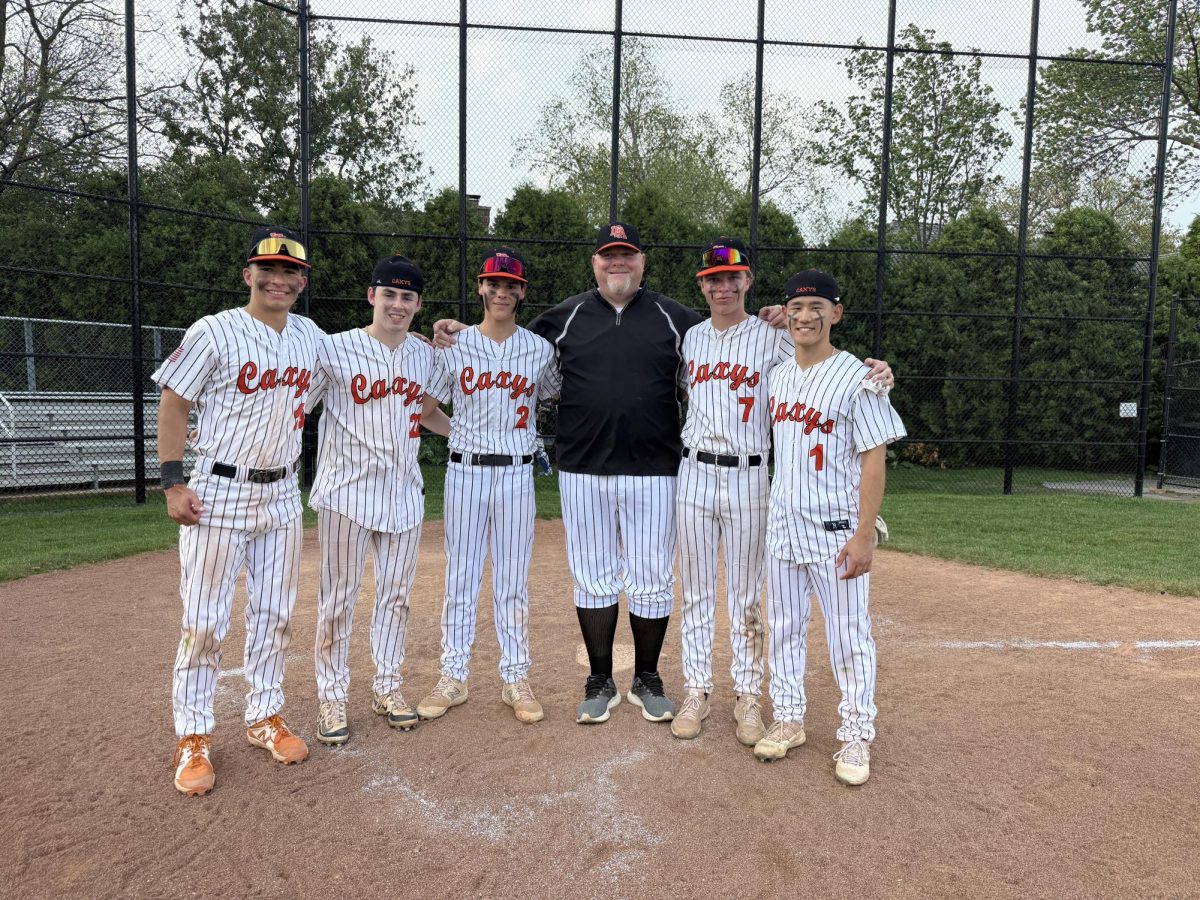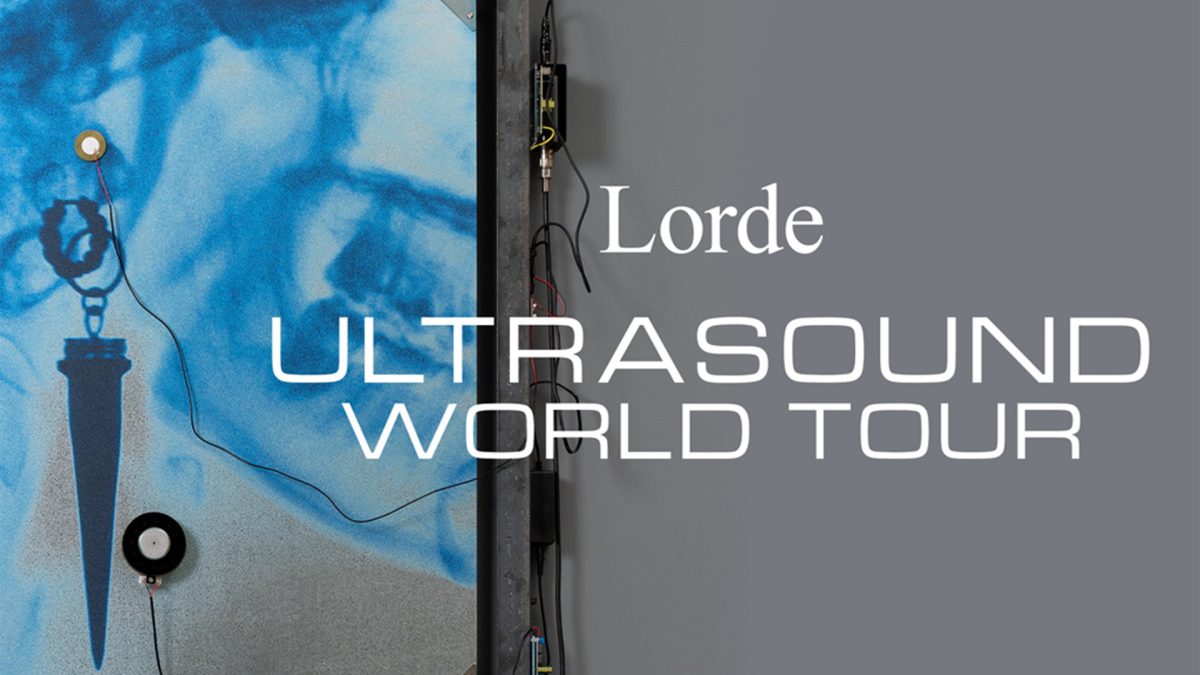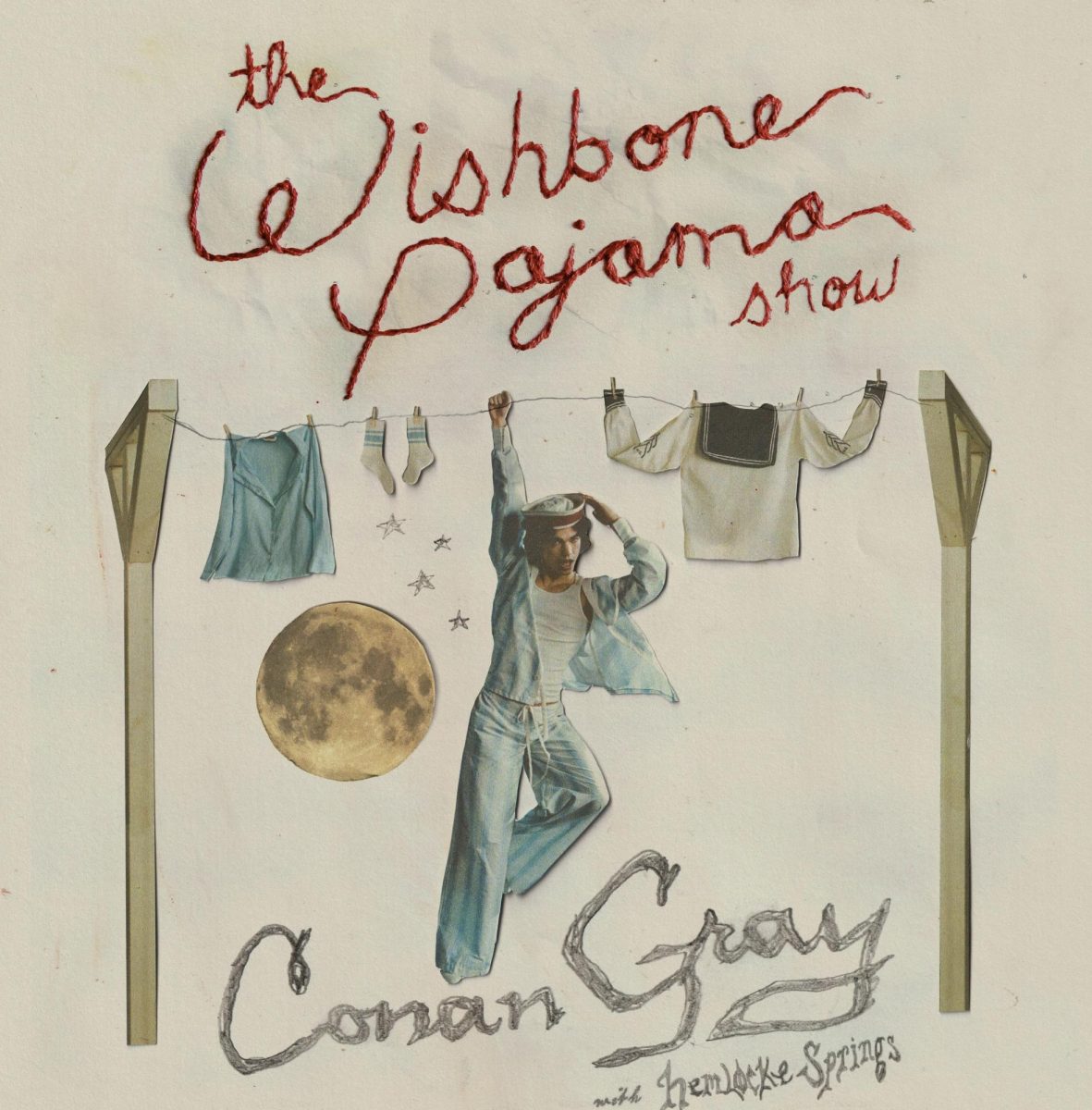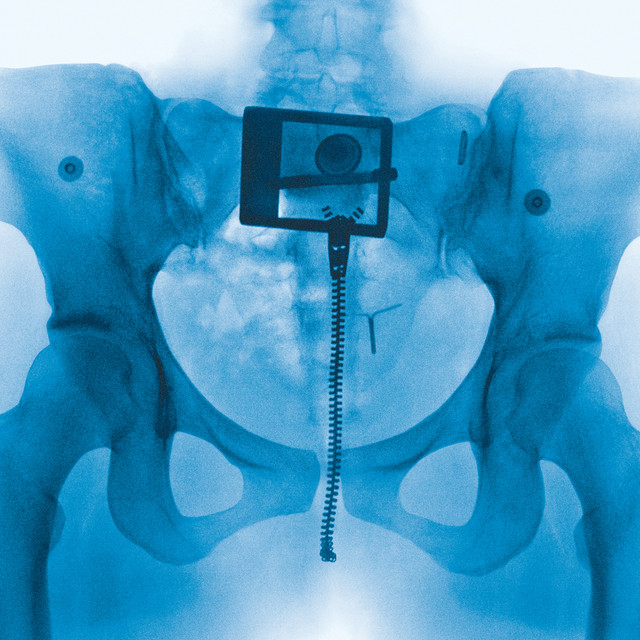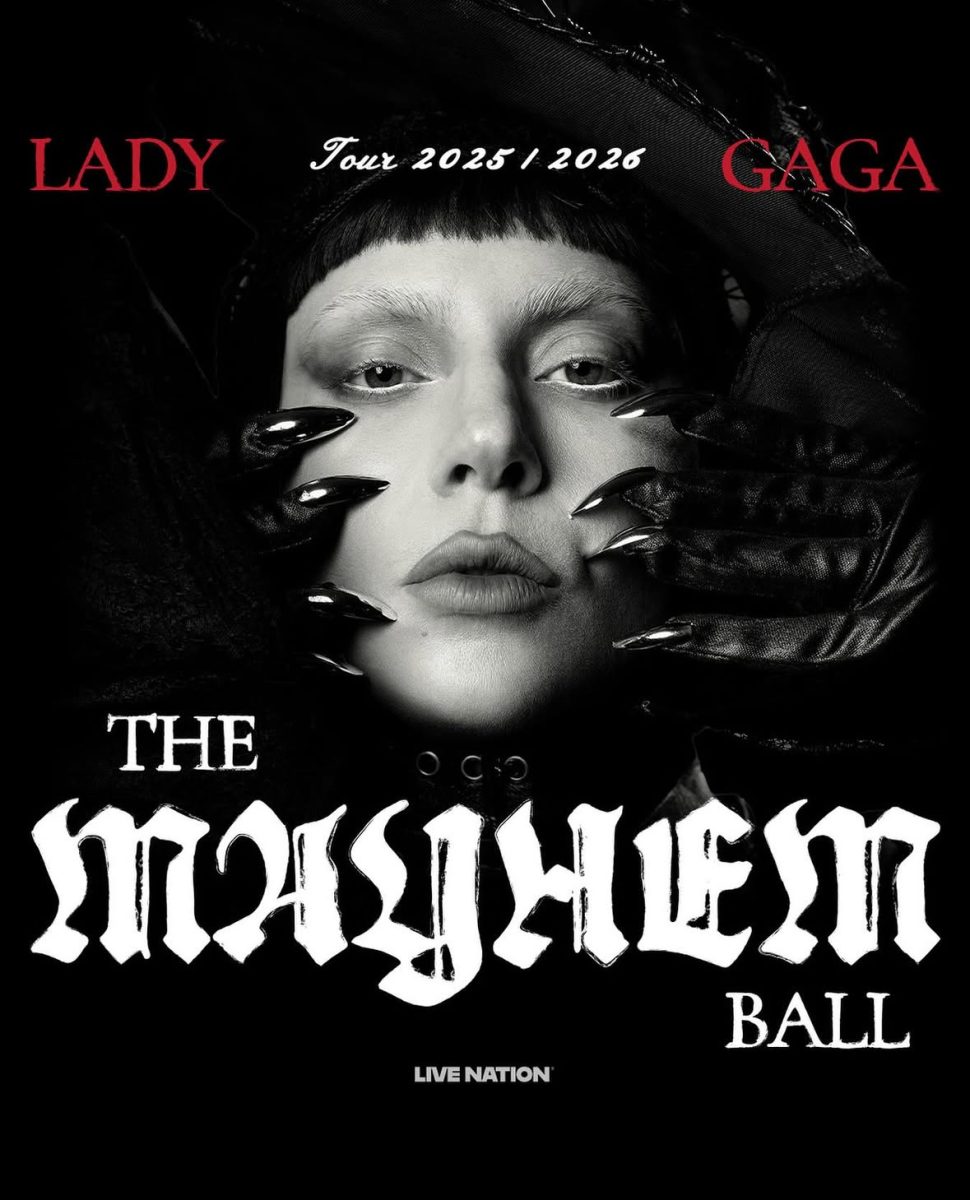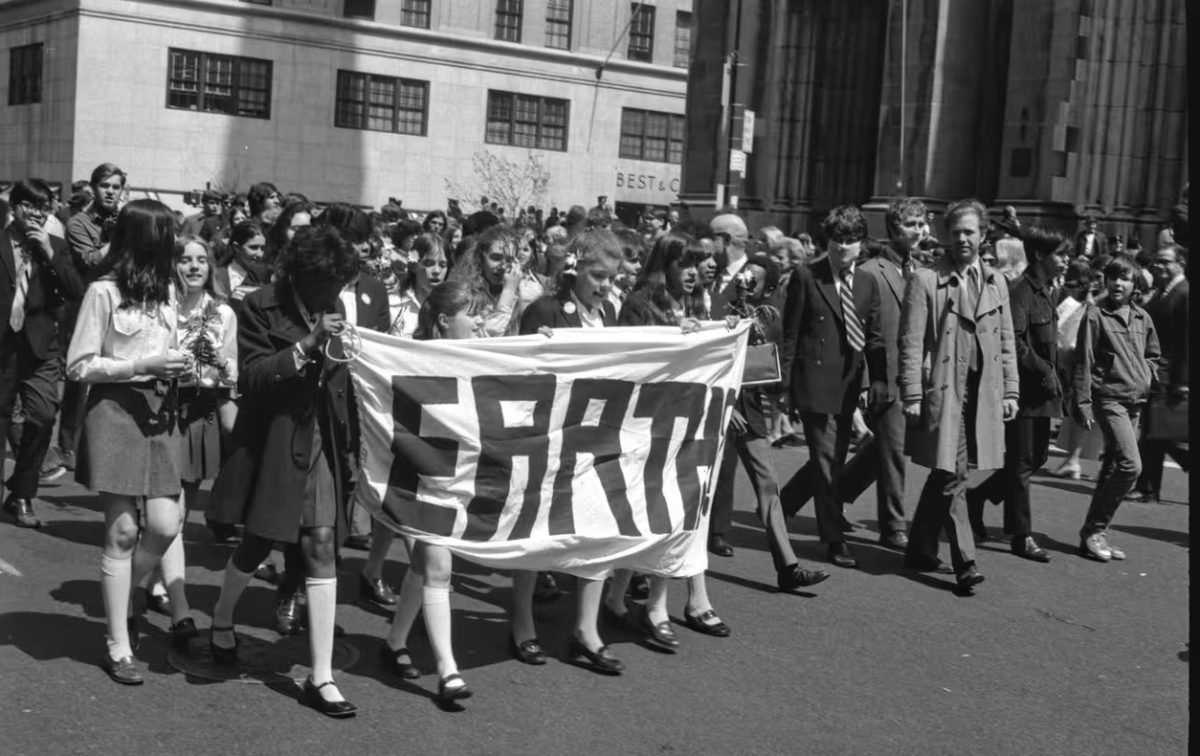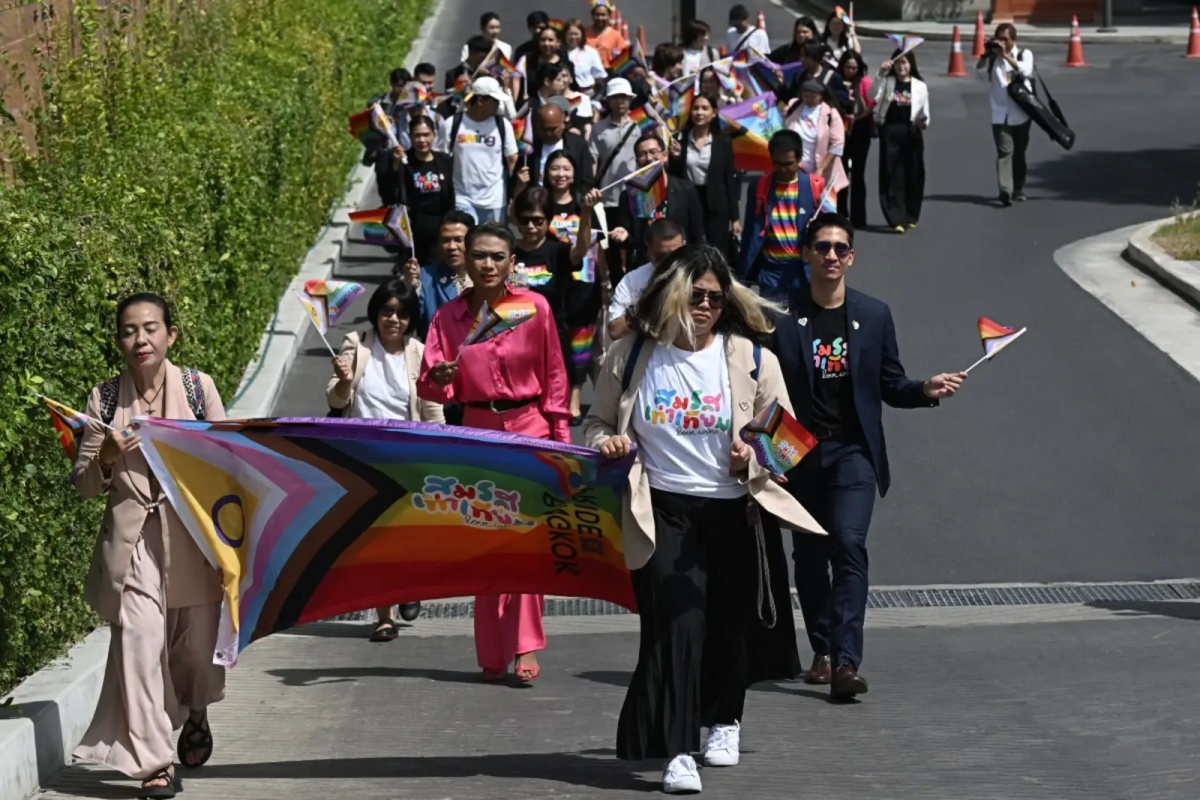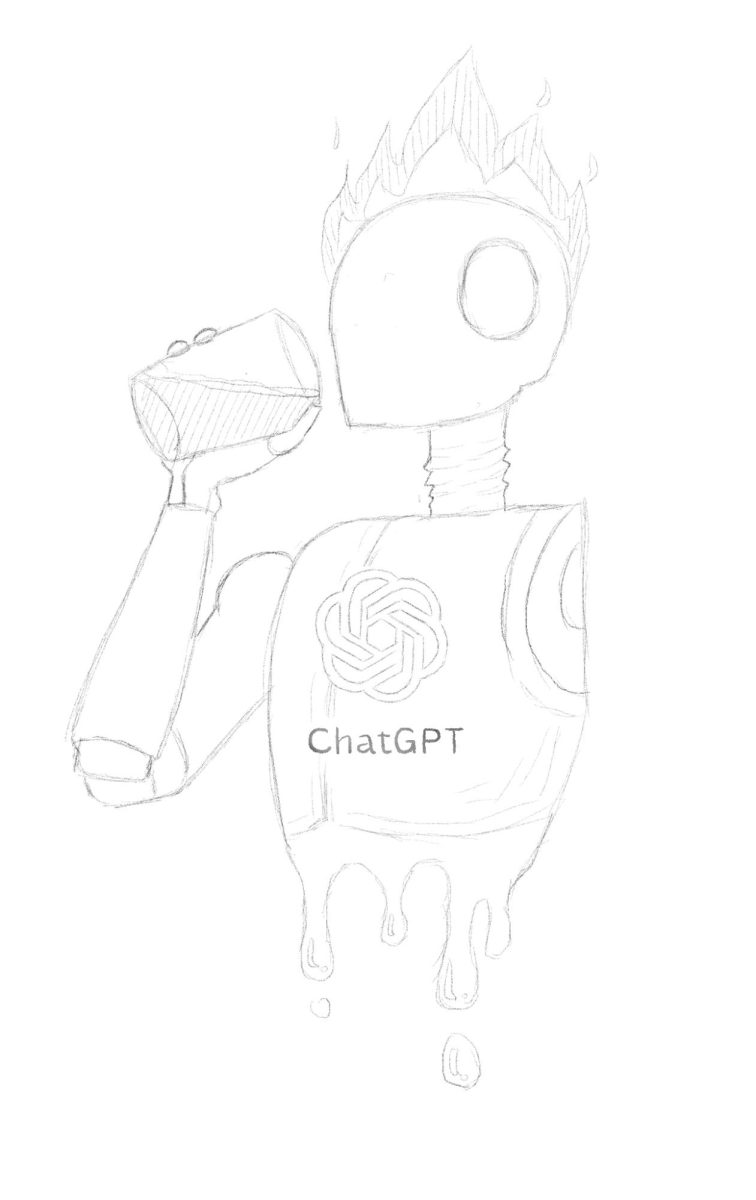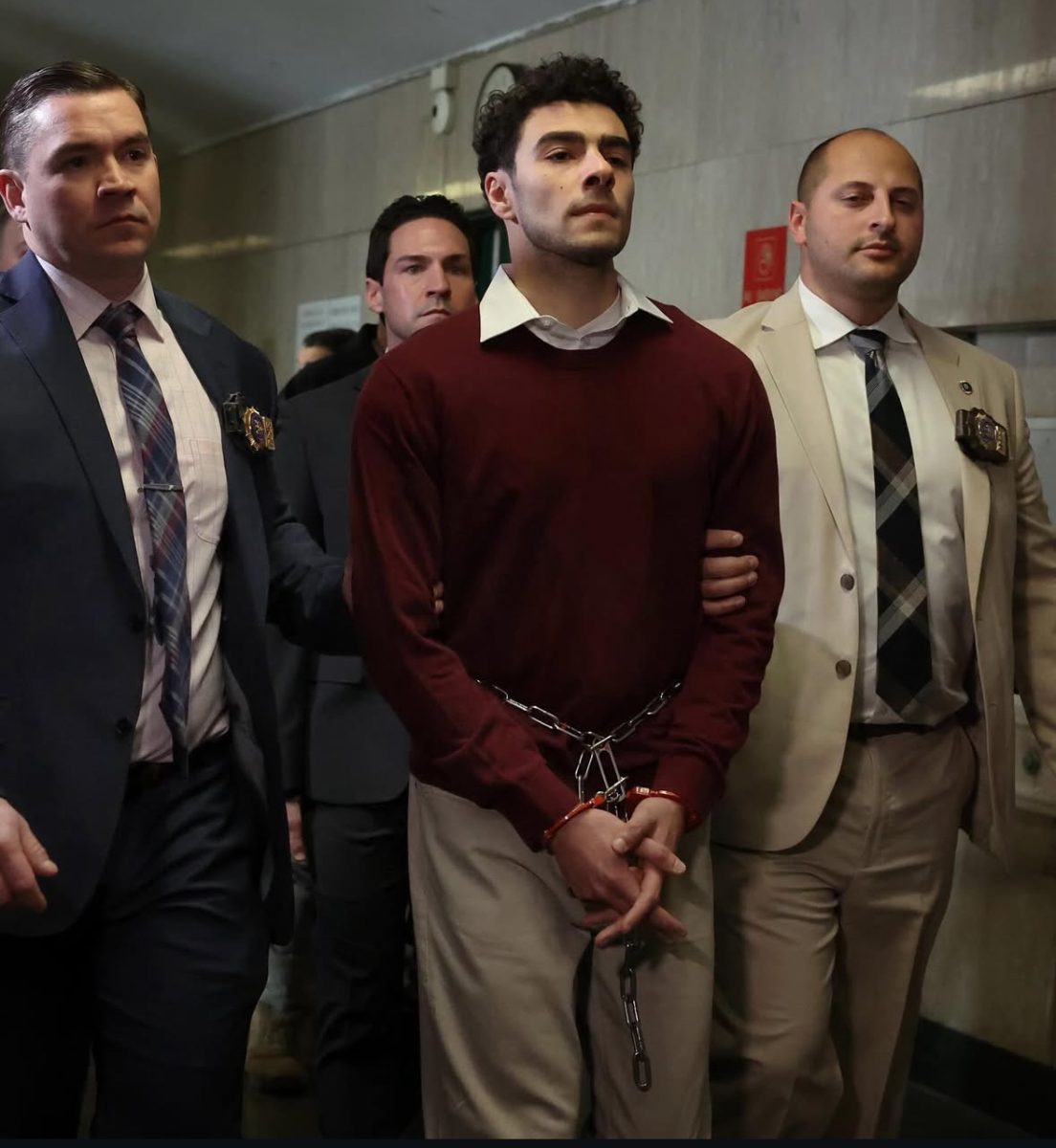Few cases have captured the public’s attention as much as Luigi Mangione’s, illustrating the odd relationship between crime, justice, media narratives, and public opinion. The Manhattan District Attorney called Mangione a terrorist after he was implicated in a horrific shooting that was described as an “attack on democracy.” Although the charge is serious and is backed up by allegations that his acts were intended to instill fear and intimidation, the reactions that are being shown by the public, media, and law enforcement tell a more nuanced story.
The gravity of Mangione’s actions cannot be understated; the shooting brought attention to more significant issues such as social discontent and political violence. However, just days after the incident, a woman was set on fire in a New York subway station, dying at the scene. Police Commissioner Jessica Tisch referred to it as “one of the most depraved crimes one person could possibly commit against another human being,” yet there are serious concerns about the glaring difference in the amount of time and money spent on the arsonist’s search versus Mangione’s case. Given that law enforcement considers both of these acts to be the most horrific, why does one get a full-scale response while the other languishes with minimal attention? The answer lies in the narratives created around the crimes, not the acts themselves.
The case’s apparent politicization just serves to increase its complexity. Mangione’s perp walk with the mayor raises concerns about the presumption of innocence and fairness of his treatment. With armed officers surrounding him, Mangione was led off a helipad while wearing an orange jumpsuit and shackles. Mayor Eric Adams followed, giving the impression that he was in charge and justifying his presence to convey a message to the people of New York. Adam’s own precarious status as a public figure cannot be overlooked. Adam faces federal accusations of fraud and bribery despite his best efforts to present himself as a public safety savior. U.S. Attorney Damian Williams attests that “Mayor Adams abused his position as this city’s highest elected official… to take bribes and solicit illegal campaign contributions.” Seeing his self-righteous displays with his own legal battles is blatant hypocrisy. How can a mayor who is facing corruption charges claim the moral high ground while denying someone else due process? This is opportunism dressed up as justice.
Social media has played a major role in the unusual media frenzy surrounding Mangione. Fan accounts, video edits, and even strange statements of support being flooded onto platforms such as Instagram, X, and TikTok. His cult of personality has grown around him, and one user’s comment, “his looks are just the icing on the cake; he’s a smart and educated man of the people,” perfectly captures this. This phenomenon, which shows how internet platforms can turn a criminal suspect into a figure of curiosity or even idolization, is both unsettling and illuminating.
As this story progresses, it compels us to face brutal realities regarding our legal system, media, and societal priorities. Who receives attention, and who receives justice?


